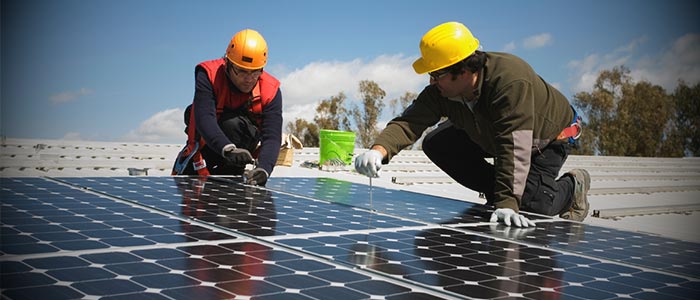Monday, 02/03/2026 | 10:52 GMT+7
While South Africa is getting more and more dependent on fossil oil, affordable green energy seems to be a promising market that may enable democratising access to energy. But still, is the market ready?
Democratise access to energy
First, it is a solution to reduce reliance on countries from which South Africa is borrowing energy. Instead, families and small businesses could get their own energy solution (solar plan for example) that will provide them electricity without permission needed from anyone.
Moreover, it is a real initiative the government should encourage in order to standardise the country and to provide energy easily in the far-flung rural communities, where it is simply too expensive to provide access now.
Green energy for social goals

Furthermore, green energy is getting more and more affordable since more efficient technologies and economies of scale make their way into manufacturing. LED lights, for example, can pay for themselves within a year, solar water heaters within three and even the costs of household photo-voltaic panels can be recovered within eight years.
Thus, that may contributes to improve Africa’s poorest quality of life.
Still some brakes…
Nevertheless, there are some brakes for South Africa in terms of costs of capital. Indeed, the cost of procuring solar panel or wind turbines from manufacturers differs little globally, but the real cost to the end user is country specific, depending on borrowing and interest rates. In South Africa, a well-established factory might borrow at 10% a year to finance solar panels. That’s three times as much as an equivalent factory in the United States (3%).
And when considering households, most African people just cannot get a loan.
Yet, developed economies may see in the green energy a good opportunity to take because of its competitive advantage once infrastructure is paid off. But simply because of the cost of capital, the transition to a green energy economy will provide a possibly insurmountable competitive advantage to developed economies especially when it comes to energy intensive economic activities.
(The Power Times)







